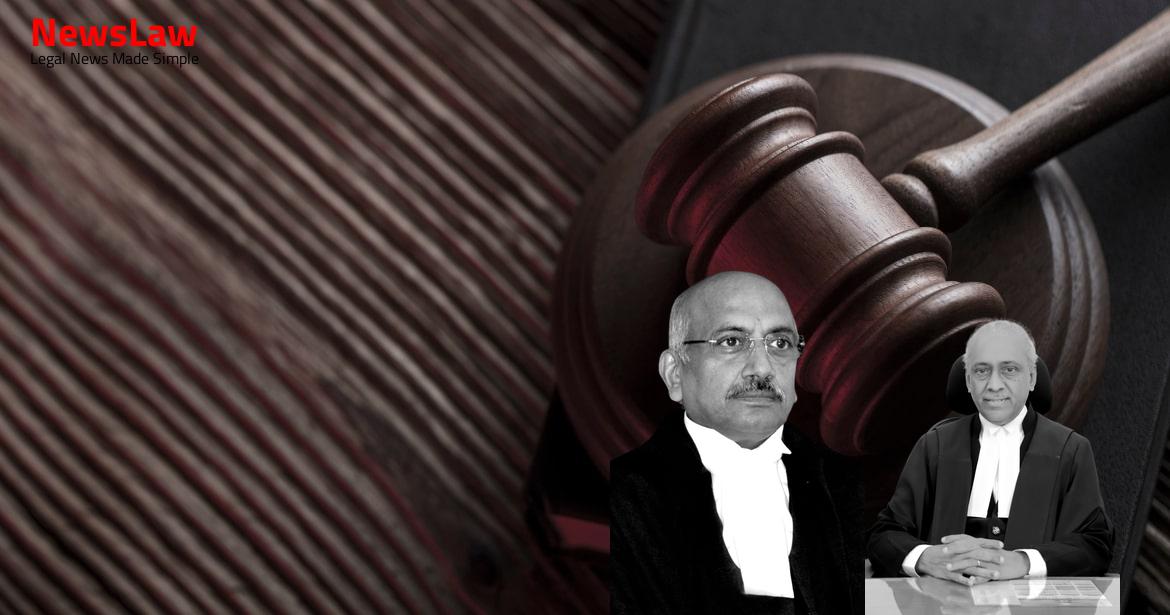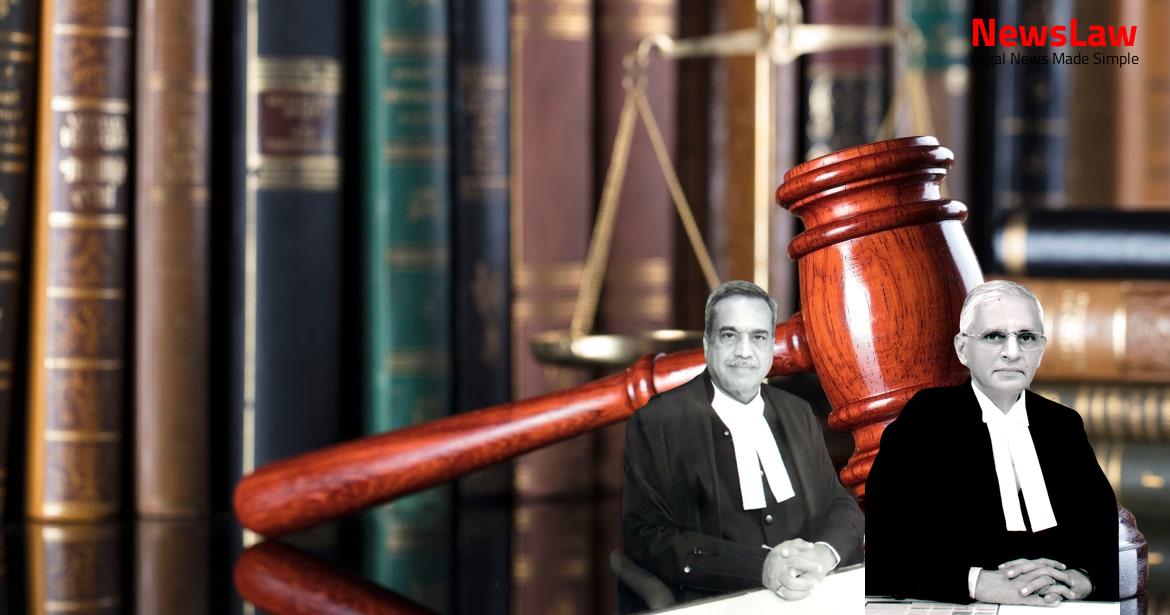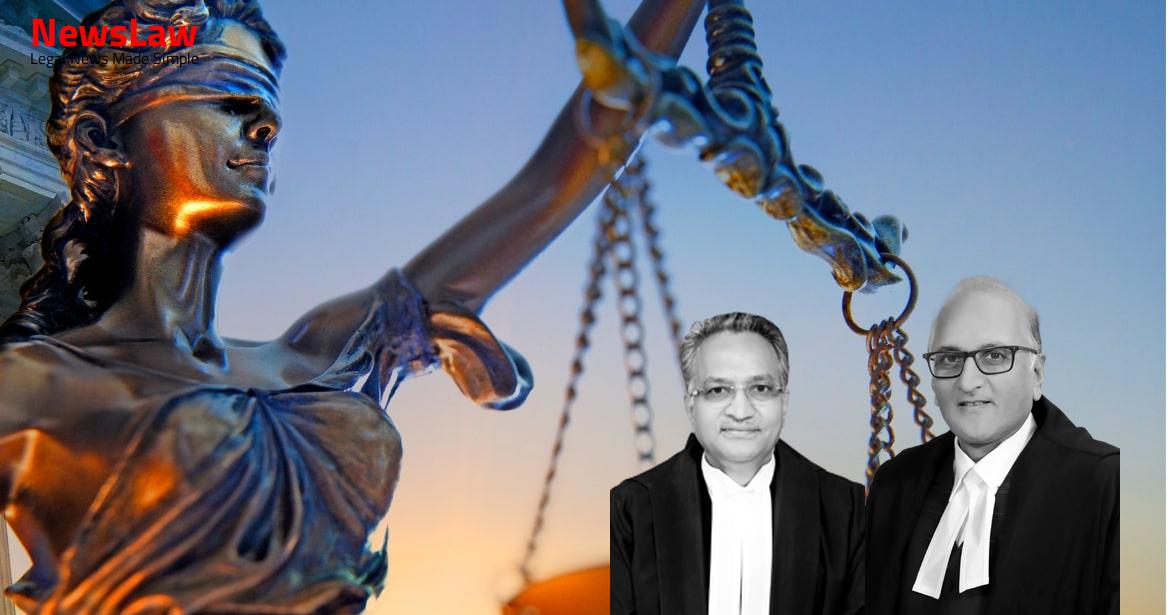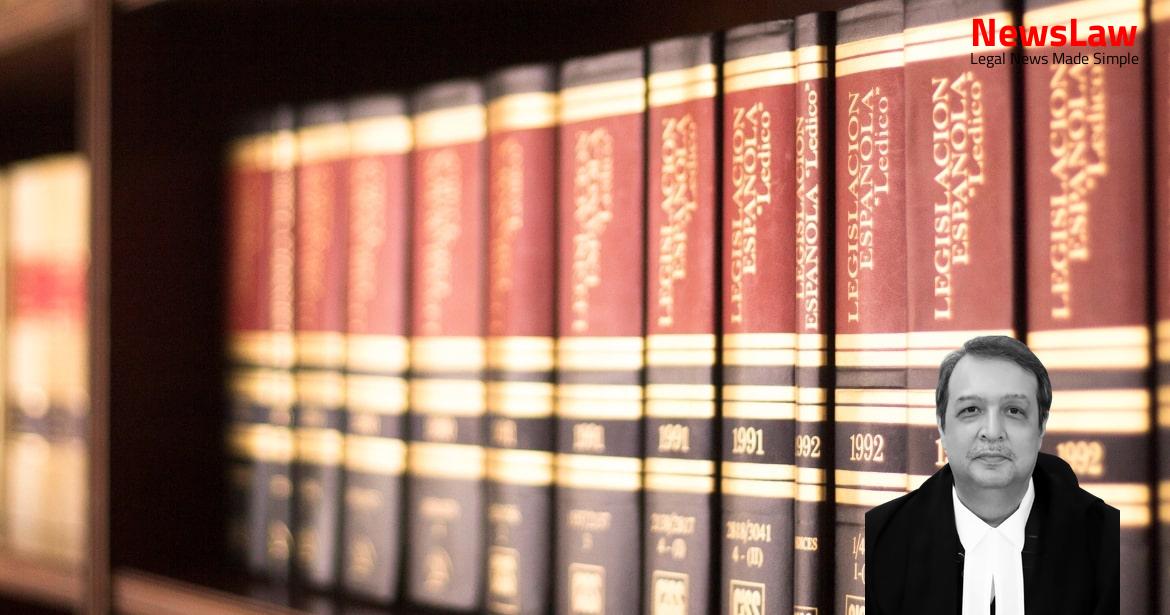In a recent legal case, a significant question arose regarding the classification of ad hoc payments as ‘wages’ under the Payment of Gratuity Act. The court’s analysis delved into the precise definition of ‘wages’ as per the Act, providing crucial insights into how such payments should be characterized within the legal framework. This case sheds light on the importance of meticulous legal analysis in determining the applicability of key terms within specific legislation.
Facts
- Shri Kashi Prasad Tripathi’s case was granted leave by this Court in C.A.No.4258 of 2015 on 05.05.2015.
- A writ petition by the Management in W.P.No.798 of 2009 for Shri Kashi Prasad Tripathi was allowed by a learned Single Judge of the Allahabad High Court based on a judgment from the Patna High Court.
- Following this, Shri Kashi Prasad Tripathi filed a special leave petition in SLP(C) No.972 of 2014.
- At the instance of the Union of India, writ petitions pending in various High Courts were transferred to this Court.
- On 05.05.2015, this Court granted an order in C.A.No.4258 of 2015 in favor of Shri Kashi Prasad Tripathi, leading to the dismissal of all writ petitions filed for other employees by the High Court of Allahabad.
- The Management then filed writ petitions with the High Court.
- Shri Kashi Prasad Tripathi challenged the Single Judge’s orders unsuccessfully before a Division Bench.
- An interim order dated 18.08.2000 was passed by this Court for adhoc payments to different classes of employees, pending the main matter.
- The High Court’s calculation of gratuity payable to the appellant in exercise of its power under Article 227 of the Constitution was aggrieved by the appellant.
- The revision of scales of pay for public sector undertaking employees was noted to have occurred from 01.1992, leading to various writ petitions by Fertiliser Corporation employees in 1996.
- In a final order, the Court considered the economic viability and financial capacity of the employers as crucial in determining wage structures.
- The companies in question had been experiencing heavy losses for several years.
- An interim application was disposed of with the observation that interim orders would end when the final order is passed.
- The Appellate authority dismissed the appeals filed by the Management based on this understanding of the interim order.
- An interim order from 18.08.2000 directed ad hoc monthly payments to different categories of employees pending the final outcome of the writ petitions transferred to this Court.
- The final order from 25.04.2003 reiterated that the relief granted earlier was ad hoc and without prejudice to the rights and contentions of all parties.
Also Read: Undisclosed Conviction for Dharna Under Police Act Leads to Overturned Election
Issue
- The issue at hand is whether an ad hoc payment made to workers as per interim orders by the Court could be considered as ‘wages’ under the Payment of Gratuity Act, 1972.
- Specifically, the question is whether the ad hoc monthly payment made by the Management, as directed by the Court in 2000, falls within the definition of ‘wages’ as per Section 2(s) of the Act.
- This issue is significant in light of the Court’s order in the case of Shri Kashi Prasad Tripathi.
Also Read: Critical Analysis of Legal Principles in a High-Profile Criminal Case
Analysis
- The Controlling Authority treated the ad hoc payment as part of the wages in applications filed by individual employees.
- The High Court should not interfere with the calculation of payment of gratuity and ad hoc payment with interest.
- The order passed in the case of Kashi Prasad Tripathi did not establish that ad hoc payment should be considered as part of wages.
- Interim orders made by the Court are subject to reversal if the final outcome of the case is not in favor of the party who secured the interim order.
- The employees initiated litigation seeking revision of pay scales in 1996, and the ultimate outcome of their case did not align with their expectations.
- The ruling on ad hoc payment being an ad hoc measure, and not part of wages, stands clear in past orders of the Court.
- The Court applies the test of proportionality to determine if the benefits granted to individual litigants justify the examination of the question of law at the cost of the individual.
- Refusal to address the question of law in such cases does not imply a specific answer to the question.
- The Court defines ‘wages’ under Section 2(s) of the Act as including only basic wages and Dearness Allowance.
- Orders of lower authorities considering the ad hoc payment as part of wages are set aside in the appeals.
- Management is directed not to recover payments already made due to the passage of time and considering certain employees are deceased.
- No costs are awarded in this matter.
Also Read: Interpretation of Stamp Duty Provisions
Case Title: CHAIRMAN-CUM-MANAGING DIRECTOR FERTILIZER CORPORATION OF INDIA LTD . Vs. RAJESH CHANDRA SHRIVASTAVA AND ORS (2022 INSC 403)
Case Number: C.A. No.-002260-002260 / 2022



